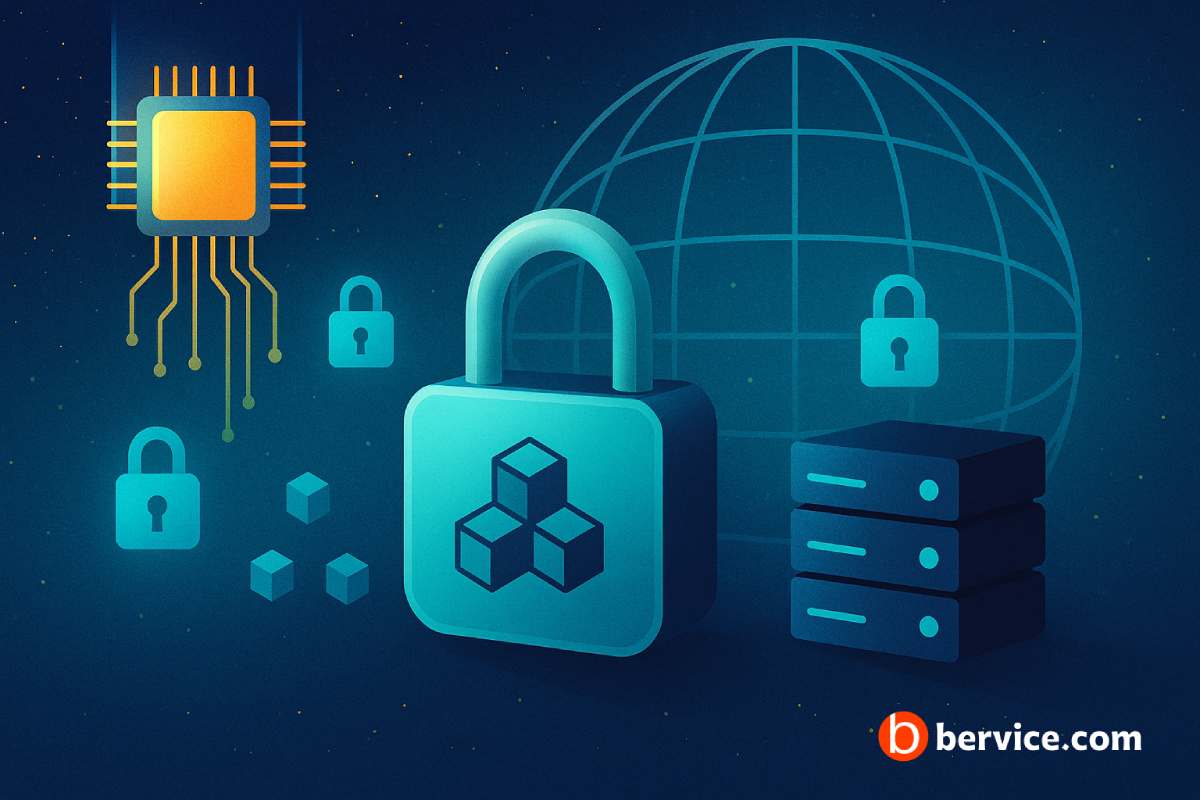-

From Hack to Hardened: Learning from Web3 Security Breaches
Introduction: The Fragile State of Web3 Security The rapid growth of Web3 has introduced groundbreaking opportunities for decentralization, transparency, and user empowerment. Yet with this progress comes a darker reality: security breaches remain one of the most critical threats to adoption and trust. From exchange hacks to smart contract exploits, billions of dollars have…
-

Decentralized Vaults: Why the Future of Password & File Storage Must Be Trustless
Introduction: The End of Blind Trust In today’s digital economy, the majority of sensitive data—whether personal passwords or corporate files—resides on centralized servers controlled by large providers. While these systems are convenient, they rely on a fragile assumption: that users can and should trust the organizations storing their most valuable information. From high-profile data…
-

Quantum-Safe Cloud: How Bervice Redefines Digital Trust in the Post-Quantum Era
The Coming Quantum Threat As quantum computing advances, the digital security systems we rely on today face an existential challenge. Traditional encryption methods like RSA and ECC, which safeguard our data, are expected to be breakable by powerful quantum algorithms in the near future. This looming risk means that sensitive information stored on centralized…
-

Decentralized Storage in the Age of Quantum Threats: Why Bervice is Future-Proof
Introduction: The Coming Quantum Shift For decades, cryptography has been the foundation of digital security. From online banking to cloud storage, modern life relies on encryption algorithms like RSA and ECC. However, with the rapid progress of quantum computing, these algorithms are under serious threat. Quantum machines could one day crack today’s strongest keys…
-

SaaS to DaaS: How Bervice Turns Data Security into a Decentralized Service
Introduction: From Centralization to Decentralization For more than a decade, Software as a Service (SaaS) has been the backbone of digital business. Cloud platforms made it simple to store, share, and manage data without local infrastructure. However, as cyber threats grow more sophisticated and quantum computing looms on the horizon, centralized SaaS platforms are…